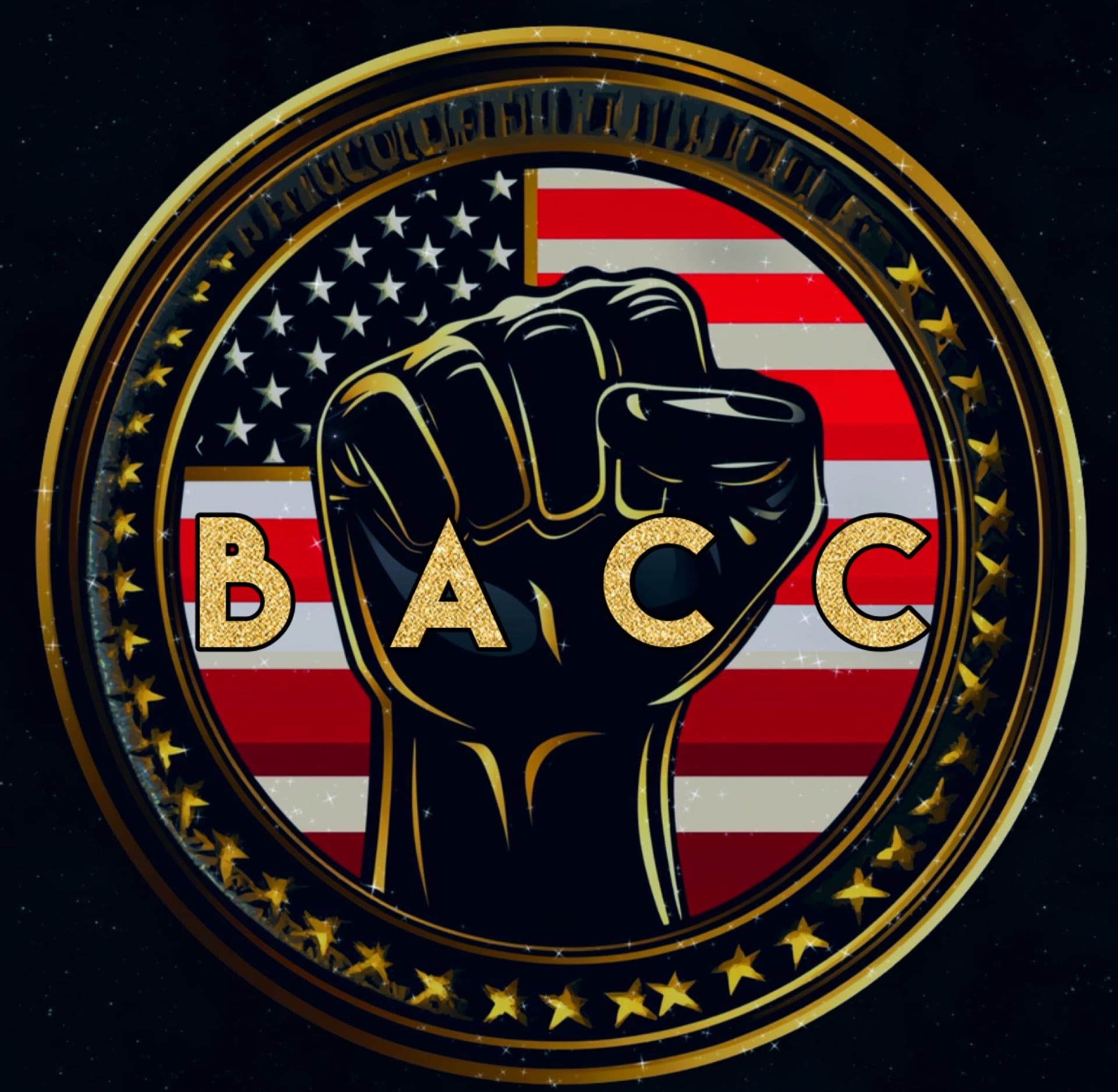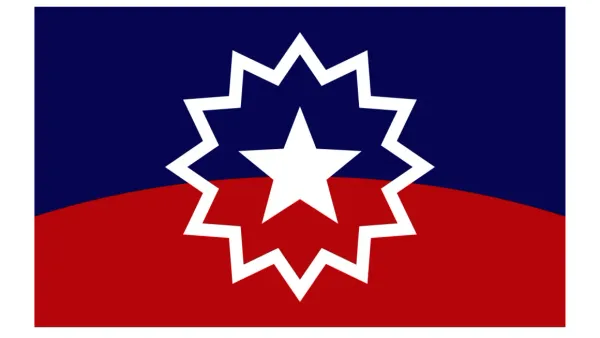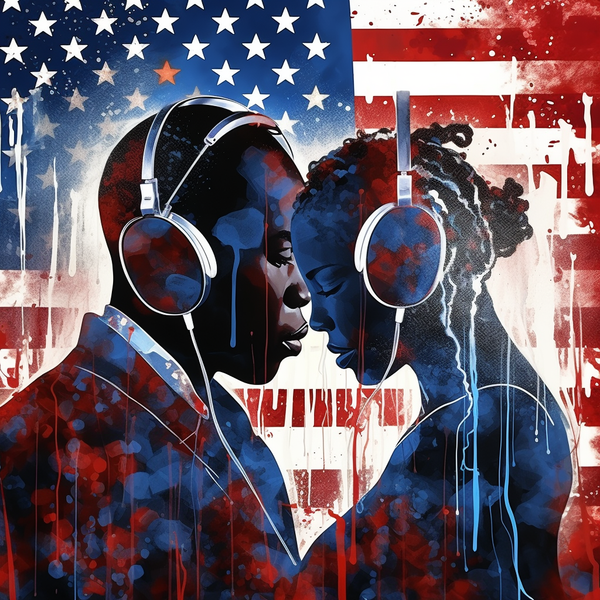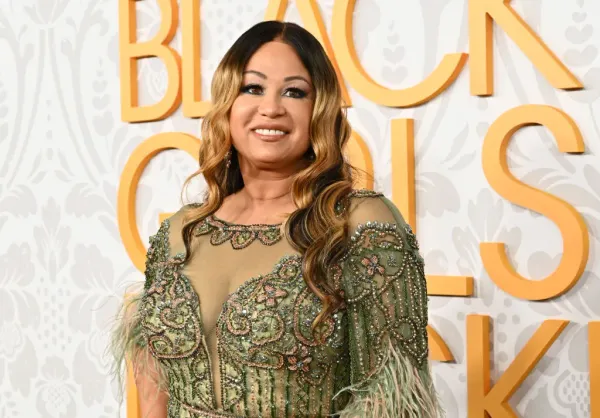Sissy-Fuss Pan-Africanism vs. Black America
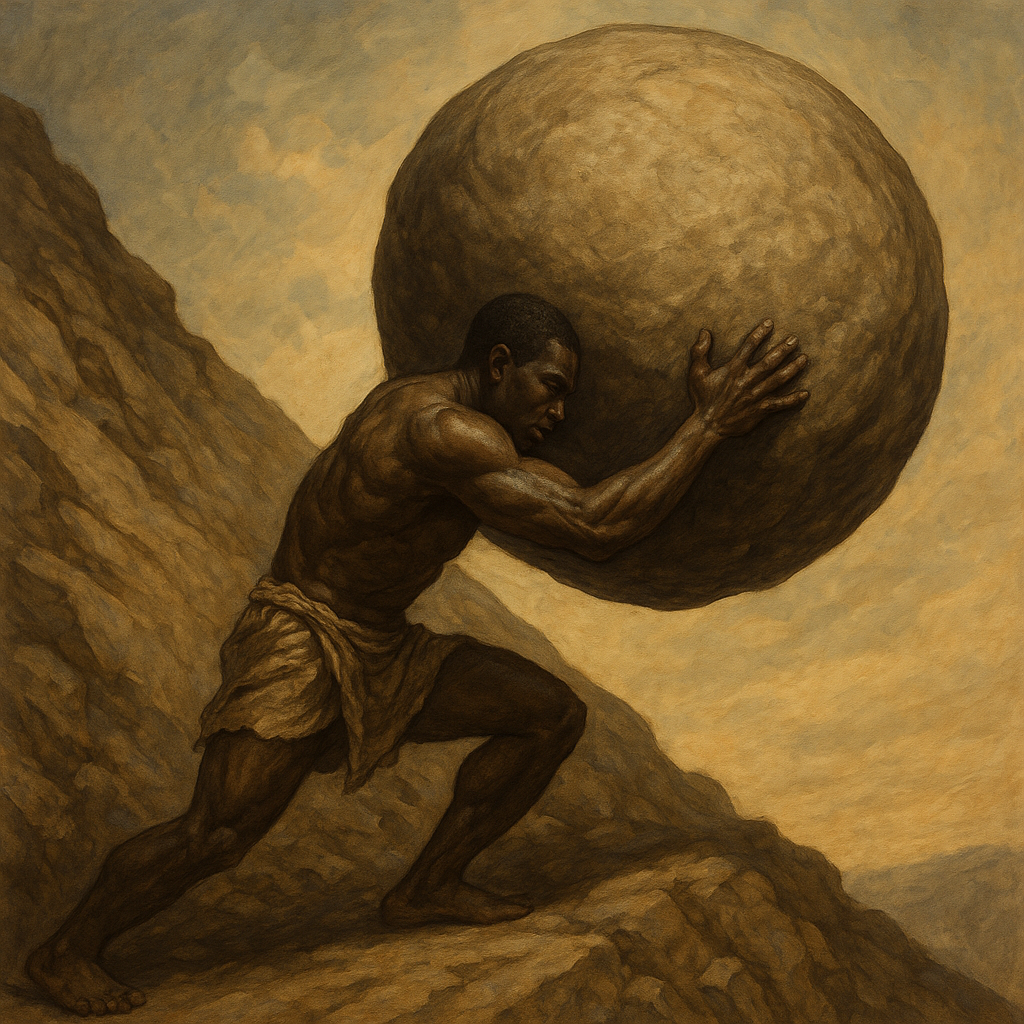
Core Observation
- Pan-Africanism promotes a kind of “flat Blackness” — an umbrella identity that asks Black Americans to dissolve their specific cultural and historical experience in favor of a transnational “Black” unity.
- Africa itself is not unified — and in practice, Pan-African ideals aren't reflected in African statecraft, economy, or internal politics.
- This results in an asymmetrical burden, where diasporic Black people are asked to sacrifice cultural distinction, while no reciprocal structure or solidarity exists from the continent.
It’s a critique that many scholars and cultural critics have made, particularly in the 21st century.
Brief Overview of Pan-Africanism
Pan-Africanism emerged in the 19th and early 20th centuries as a response to colonialism, slavery, and racial oppression, aiming to:
- Unite people of African descent globally
- Reclaim African sovereignty
- Foster cultural pride and mutual development
Key figures included:
- W.E.B. Du Bois (early conferences)
- Kwame Nkrumah (Ghana’s independence)
- Marcus Garvey (Back to Africa movement)
Over time, the ideology split into two streams:
| Stream | Focus |
|---|---|
| Continental Pan-Africanism | Unity among African nations |
| Diasporic Pan-Africanism | Solidarity among Black people globally |
Problems with Pan-Africanism Today
1. No Real African Unity
- African Union exists but is politically toothless
- Tribalism and ethnonationalism are major forces within many African nations (e.g., Tigray conflict in Ethiopia, Biafra in Nigeria, language/tribal identity in Kenya and South Africa)
- Intra-African trade accounts for only ~15% of total African trade — Africa trades more with Europe and China than with itself
2. Pan-Africanism Is Not Actively Practiced in Africa
- African countries do not have common passports, militaries, or foreign policies
- Xenophobia against other Africans is real — South Africa’s repeated violence against Nigerian, Zimbabwean, and Somali immigrants is one example
- Diaspora Black people are not automatically welcomed as kin — many experience cultural distance, exploitation, or are viewed as outsiders
"Flat Blackness" and Ethnocide
“Flat Blackness” mirrors academic concepts like:
- Afro-pessimism’s critique of "Black as position, not identity" (Frank Wilderson)
- Afrocentrism’s homogenization of Blackness (e.g., claiming all African-descended people are culturally African regardless of 400+ years of divergence)
- Ethnocide: the erasure of specific ethnic/cultural identities — in this case, asking Black Americans to shed their unique history, language, music, resistance, and identity (which are American in origin) to adopt a romanticized, pan-ethnic Blackness
Black American Identity Is Not African
- Black Americans are a distinct ethnic group — forged through slavery, Jim Crow, civil rights, and cultural innovation in the U.S.
- They have more in common with each other than with people from Africa, both culturally and politically
- They have been central to global civil rights movements, influencing even anti-colonial leaders in Africa
To flatten that into “just Black” is to deny history, trauma, and creativity — a form of ideological violence, even if well-meaning.
So What’s the Way Forward?
Many modern thinkers propose a more nuanced, mutual framework:
- Solidarity without erasure: Respect the specificity of Black American, Caribbean, and African identities — they’re not interchangeable.
- Reciprocity: Pan-Africanism should be bi-directional — not diaspora romanticizing Africa, but mutual learning and support
- Material cooperation over symbolism: Instead of abstract calls for unity, build trade, tech, and educational ties
- Interrogate power: Who benefits when we’re all labeled “Black” but only some are asked to sacrifice their identity?
Why does Sissy-Fuss always fail?
- Lack of African Unity: The hilltop never exists. There’s no summit to reach because even African nations do not share a coherent, practiced Black identity across borders.
- No Reciprocal Pan-Africanism: There’s no one “on top” pulling the boulder upward from the other side. Diaspora is always the one doing the work.
- Cultural Resistance: Black Americans — rightly — resist being reduced to “symbolic Africans,” because their identity is American, forged in resistance to America.
- Romanticization vs Reality: Pan-Africanism often sells an imagined, precolonial Africa that has little to do with contemporary, postcolonial Africa.
- Material Asymmetry: The push is ideological, but the rewards are symbolic. There’s no infrastructure, trade agreement, visa, or policy that grants actual citizenship, land, or protection to Black Americans.
